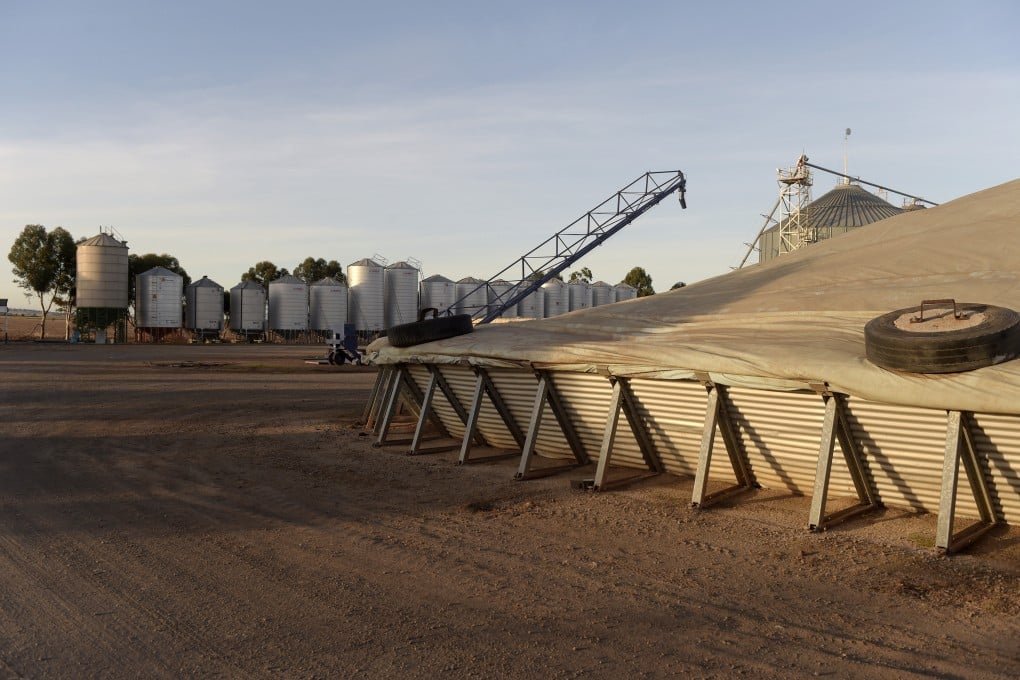Advertisement
China-Australia relations: consumers pockets on both sides will foot the bill for ‘trade battle’, expert says
- Australia has taken its dispute over China’s anti-dumping duties imposed on its barley to the World Trade Organization, but the issue could still take years to resolve
- But importers and consumers in China and Australia will be the ones who ultimately suffer, according to Bryan Mercurio, a professor of law at the Chinese University of Hong Kong
Reading Time:3 minutes
Why you can trust SCMP
26

Relations between China and Australia have become fraught over the past year after Canberra pushed for an international probe into the origin of the coronavirus without diplomatic consultations beforehand, and Beijing eventually responded with a number of trade blocks on wine, barley, cotton, copper, coal, sugar and lobsters. We look at the issues in this series.
Everyday consumers and traders in China and Australia will ultimately pay the price of the political conflict between the two countries, even if the World Trade Organization (WTO) steps in to arbitrate the trade disruptions triggered by the tensions, according to a leading international trade expert.
Australia has taken its year-long conflict with China international by lodging a complaint over the 80.5 per cent anti-dumping duties imposed on its barley with the WTO in December.
Advertisement
In March, Canberra said it would escalate the resolution process by asking the global trade body to establish a dispute-settlement panel after failing to resolve the complaint informally with China in late January.
China imposed the duties in May – after an 18-month investigation – soon after Australia pushed for an independent inquiry into the origins of the coronavirus, with coal, wine, lobster, log timber and cotton also suffering setbacks during the dispute.
Advertisement
Advertisement
Select Voice
Select Speed
1.00x
